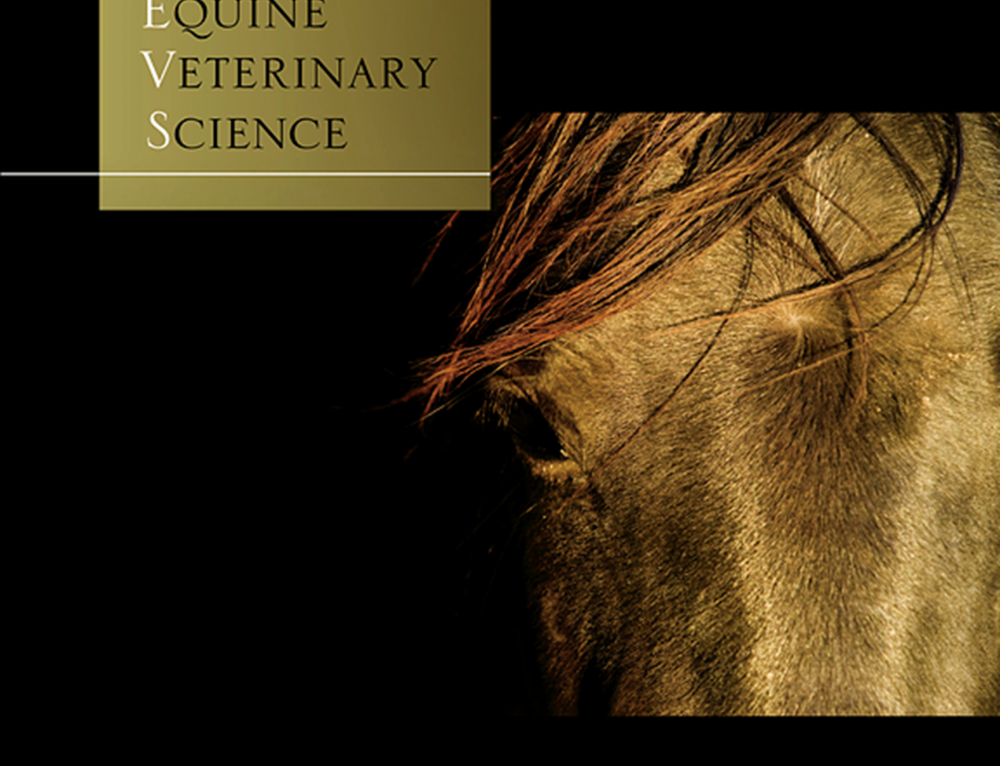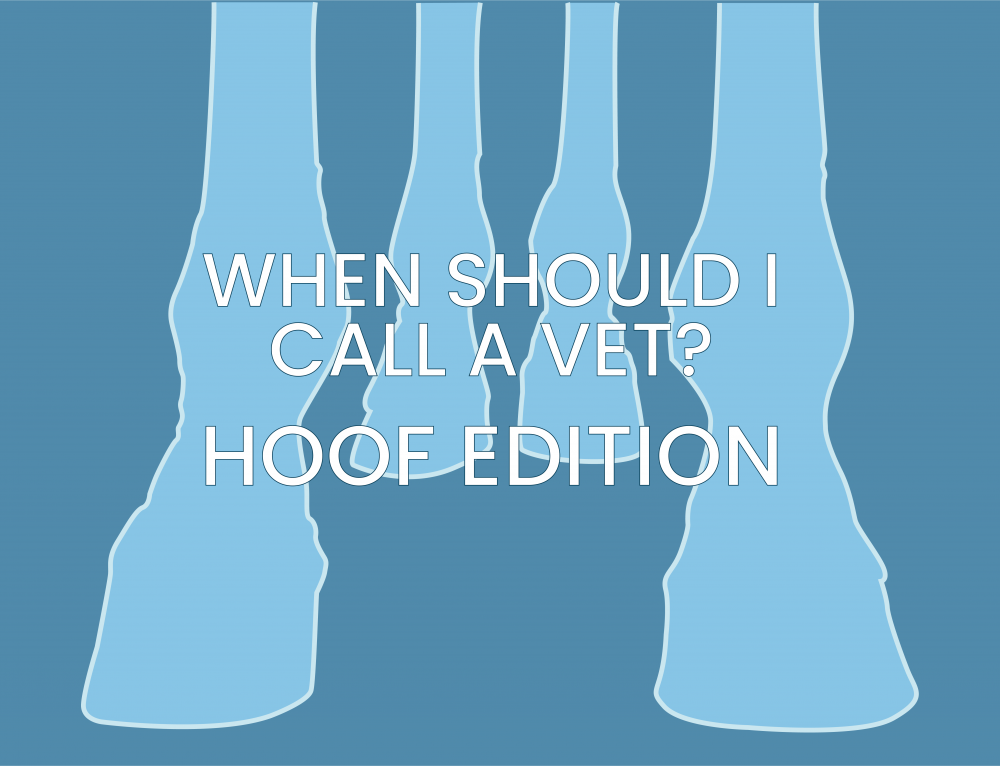What is a premature foal?
A premature foal is a foal that is immature and born before term, generally considered to be if they are born at less than 330 days gestation. However, length of pregnancy varies between mares, so the definition of a premature foal is not based solely on gestational age but also the maturity and development of the foal. A mare will usually be consistent with herself each year, so the best indicator of a mare’s due date is the length of her previous pregnancies.
A dysmature foal is a foal that looks premature despite a normal or even longer gestation. This lack of development may be due to a problem with the placenta or uterus.
Premature and dysmature foals are usually smaller than expected. They usually have a silky short coat, floppy ears and a domed head.
What CAUSES a premature birth?
There are many reasons for premature birth and the cause is sometimes unknown.
Any mare with a high risk pregnancy, such as placentitis, is at risk for a premature foal. Any mares with known issues, or problems with previous pregnancies, should be closely monitored in late stage pregnancy. Mares can also give birth prematurely if they are systemically sick or under severe stress, or if there is a congenital problem with the foal.
What are the common problems with a premature foal?
Premature foals are often very weak, and may have a weak suckle reflex. They have difficulty regulating their body temperature and energy stores, so are more prone to hypothermia and hypoglycaemia.
Their organs are immature, so they can have associated issues such as difficulty breathing, colic or diarrhoea, and problems with their kidneys. Premature foals also often have musculoskeletal issues, including tendon laxity and angular limb deformities.
Additionally, they may have incomplete ossification of the bones in their knees and hocks, because these are the last bones to ossify. If a foal is premature, x-rays should be taken to assess for this. Foals with incomplete ossification can survive but the athletic prognosis is poor as weight bearing causes bone crushing and juvenile arthritis.
Premature foals are also at higher risk of common problems and conditions that we see in foals, including sepsis and failure of passive transfer. There are multiple factors which can predispose premature foals to failure of passive transfer, from the foal being too weak to suckle, to the mare not producing adequate colostrum, so this is particularly important to monitor.
Premature foals can require very intensive care. Prognosis depends on the degree of immaturity, the cause of prematurity, and any complications which develop. The best chance for survival is prompt veterinary assessment.
Here at Newcastle Equine Centre, we have an experienced and dedicated internal medicine team and neonatal intensive care facilities to care for sick foals. If you see any signs of early labour in your mare, or have a newborn foal showing any signs of prematurity or dysmaturity, contact your veterinarian as soon as possible.








